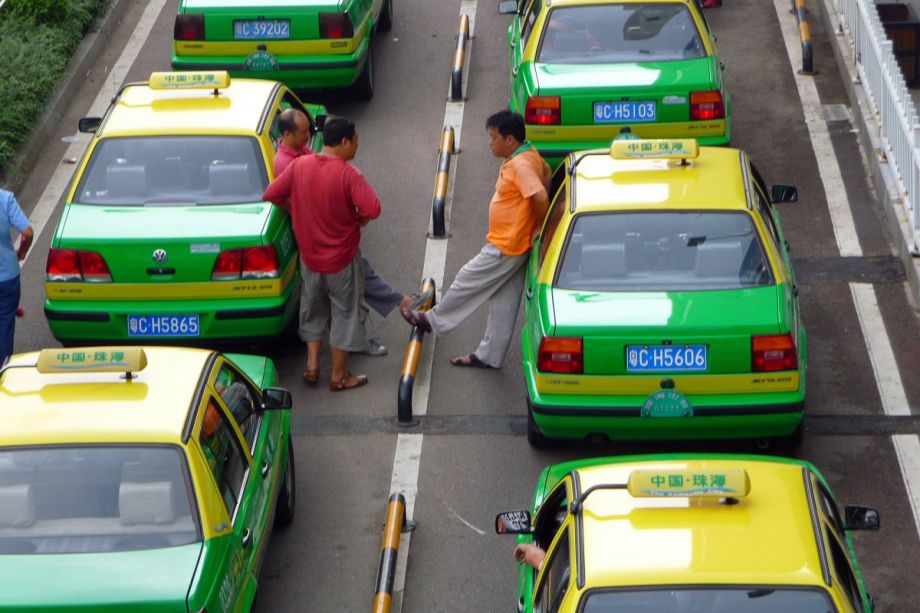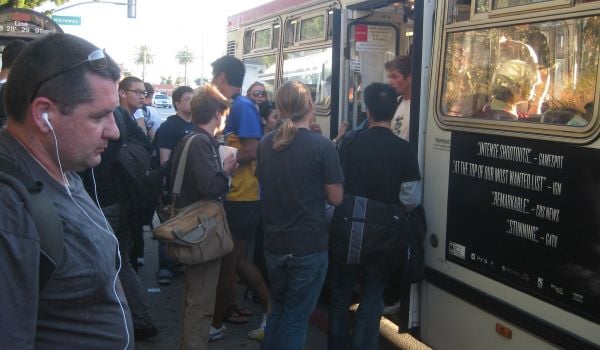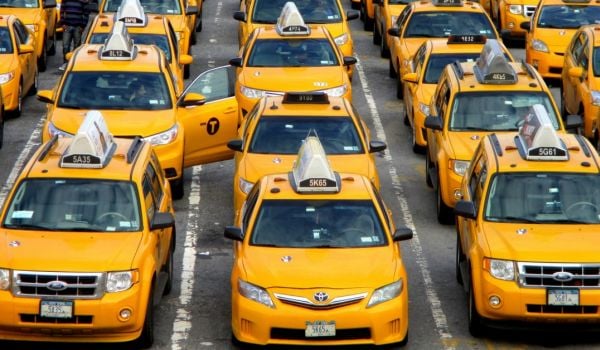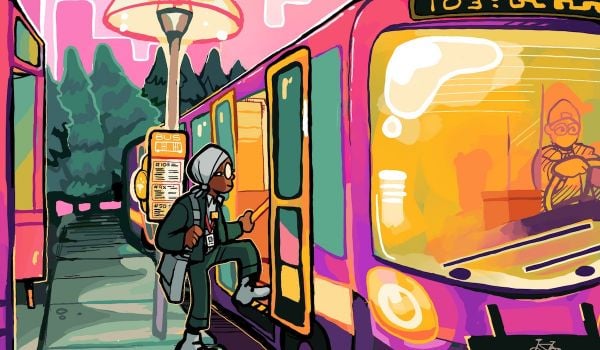The Washington Post’s Simon Deyer reports that a pitched battle in China between two taxi-hailing apps, backed respectively by Internet giants Alibaba and Tencent, is causing people there to rethink the merits of one-party rule. For reasons that aren’t entirely clear, Deyer quotes French author Renaud de Spens:
“You can see how in the future, the question of the social contract between the state and its citizens will be put up for discussion and debate,” he said. “This prepares the ground, the circumstances, for the world of a democratic China.”
Such a public demonstration of the benefits of competition, the argument seems to go, will cause the Chinese public to see the wisdom in having two competing political parties after more than 60 years of political monolithism.
It seems a bit absurd, especially when you consider that Alibaba and Tencent are less concerned with challenging Communist dominance than they are with sucking people into their competing mobile payment networks by hugely subsidizing rides. But it isn’t necessarily the craziest idea. Taxis are public regulation rendered in steel and rubber. We’ve seen the rise of taxi alternatives in the U.S. prompt people to rethink how laws and rules get made. In Seattle, for example, the regulation of ride share, still a fringe hired-car use, recently caused the city council to wonder aloud about its assumptions of how well local lawmakers are, in their rule-making, serving the diversity of Seattle.
Then there’s the situation in Austin. Police have been telling attendees at SXSW to use only “permitted transportation services.” When asked via Twitter, the police said that Uber rides didn’t fall into that category, a statement that Uber protested by pointing out that its black car drivers are already licensed and that its UberX drivers work for free, thus keeping the company within city rules. It isn’t ridiculous to imagine that at SXSW, as a result, there’s more talk about the vagaries of public regulation mixed in with all the breakfast tacos and margaritas.
Still, getting directly from there to the end of Communist rule isn’t likely. Of course, no one really saw that early experiments in computer networking would, a half century later, help shape the course of revolutions throughout the Middle East, either.

Nancy Scola is a Washington, DC-based journalist whose work tends to focus on the intersections of technology, politics, and public policy. Shortly after returning from Havana she started as a tech reporter at POLITICO.
















